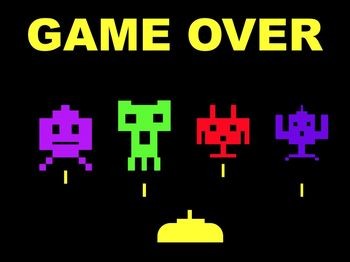To cut to the chase, the authors conclude that the evidence for benefit is slim: they conclude that there is some reason to think that video games can boost learning in history, language acquisition, and physical education (in the case of exergames) but no evidence that gaming improves math and science.
It's notable that the authors excluded simulations from the analysis--simulations might prove particularly effective for science and math. But the authors wanted to examine gaming in particular.
Lest the reader get the impression that the authors might have started this review with the intention of trashing gaming, they authors describe themselves as "both educators and gamers (not necessarily in that order)" and even manage to throw a gamer's inside joke in the article's title: "Our princess is in another castle." (If this doesn't ring a bell, an explanation is here.)
And they did try to cast a wide net to capture positive effects of gaming. They did not limit their analysis to random-control trials, but included qualitative research as well. They considered outcome measures not just of improved content knowledge (history, math, etc.) but also claims that gaming might build teams or collaborative skills, or that gaming could build motivation to do other schoolwork. Still, the most notable thing about the review is the paucity of studies: just 39 went into the review, even though educational gaming has been around for a generation.
Making generalizations about the educational value of gaming is difficult because games are never played the same way twice. There's inherent noise in the experimental treatment. That makes the need for systematicity in the experimental literature all the more important. Yet the existing studies monitor different player activities, assess different learning outcomes, and, of course, test different games with different features.
The authors draw this rather wistful conclusion: “The inconclusive nature of game-based learning research seems to only hint at the value of games as educational tools.”
I agree. Although there's limited evidence for the usefulness of gaming, it's far too early to conclude that gaming can't be of educational value. But for researchers to prove that--and more important, to identify the features of gaming that promote learning and maintain the gaming experience--will take a significant shift in the research effort, away from a piecemeal "do kids learn from this game?" to a more systematic, and yes, reductive analysis of gaming.
Young, M. F. et al. (2012). Our princess is in another castle: A review of trends in serious gaming for education. Review of Educational Research, 82, 61-89.


 RSS Feed
RSS Feed